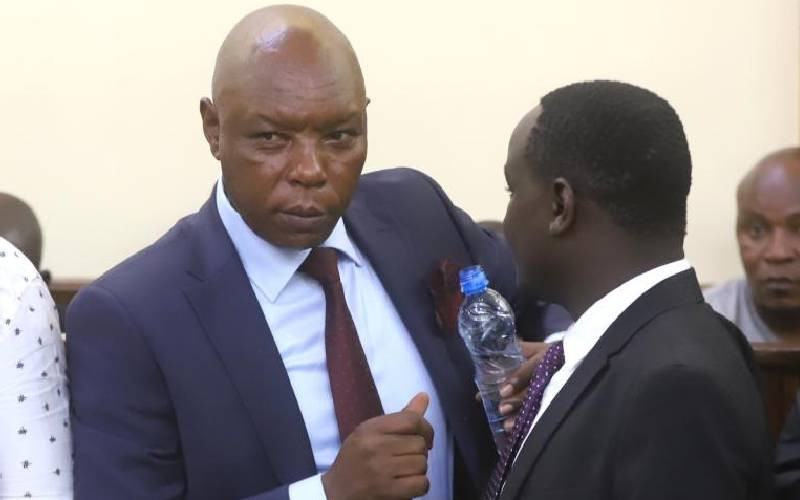×
The Standard e-Paper
Stay Informed, Even Offline

A Nakuru court has allowed the Director of Public Prosecutions (DPP) to withdraw charges against former Mungiki leader Maina Njenga and 11 co-accused.
Njenga had faced accusations of leading the outlawed Mungiki gang, plotting criminal activities on 11 May 2023, and possessing firearms, ammunition, and cannabis.